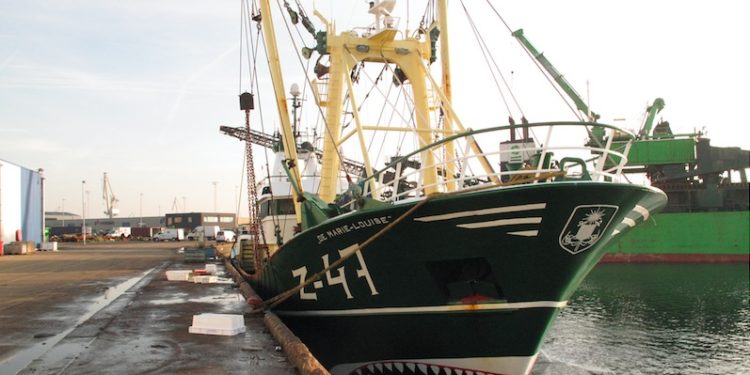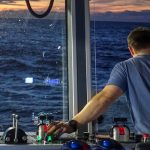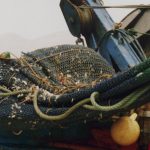The state of the Belgian fleet is unique, with a small fleet under the Belgian flag that has dropped to only 65 fishing vessels, plus seven currently dormant licenses at different capacity levels.
Back when the fleet stood at around a hundred was once considered the tipping point at which it could be economically sustainable, but that theory has been proved wrong and the remaining vessels have healthier quota shares between then.
‘It’s not such a negative thing to have a small fleet,’ Emiel Brouckaert of Belgian PO Rederscentrale commented to Hook & Net. ‘Nobody would have believed a few years ago that it could fall to this level, but we had a round of decommissioning in 2009 that took some of the fleet out, and with the fuel crisis from 2008 onwards we saw some companies in trouble and leaving the industry.’
Now the problem of the slimmed-down fleet is not so much maintaining its present size and capacity as ensuring succession.
‘Typically the sons and daughters of fishermen would step in and take over running these companies but these days they are more inclined to become doctors and lawyers, and don’t have an interest in continuing in fishing ,’ he said.
‘So the question is how to maintain the fishing sector in the future.’
This comes at a time when fishing is doing better than it has for much of the last twenty years, with more investment taking place than has been seen for some time, with engines, equipment and accommodation all being improved across much of the fleet, and as Emiel Brouckaert points out, this is being self-financed as the industry is at last doing well financially.
‘The average fishing vessel looks better and is performing better,’ he said. ‘Maintenance pays dividends in better performance.’
The investment has not gone as far as newbuildings for the Belgian fleet, although this is a possibility, and he said that many Belgian operators are closely watching the performance of the new generation Dutch twin-rigger MDV-1.









